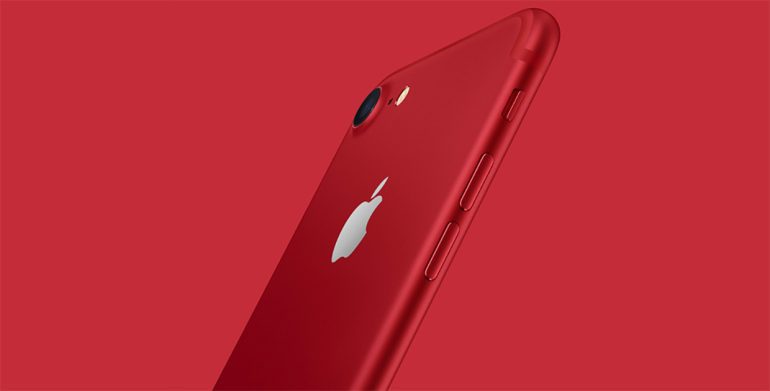- Apple’s advancement in AI, dubbed “Apple Intelligence,” could drastically change smartphone usage patterns.
- The upcoming iOS 18 update promises advanced Siri features exclusive to high-end iPhones like the iPhone 15 Pro and Pro Max.
- Dissenting voices critique Apple’s exclusivity strategy, potentially leading to forced upgrade cycles and accusations of planned obsolescence.
- Apple’s focus on AI aims to shift consumer behavior towards upgrading for transformative innovation rather than necessity.
- The integration of AI into consumer products like iPhones seeks to bridge the gap between cutting-edge technologies and mainstream adoption.
- Concerns about security vulnerabilities in AI systems persist, urging for responsible technological stewardship.
Main AI News:
In the realm of technology, Apple’s vigorous advance into the domain of artificial intelligence, rebranded as “Apple Intelligence,” could herald a monumental shift in smartphone consumption patterns. The impending launch of highly-advanced Siri features, laden with intensive processing demands, is set to be exclusive to the elite tier of iPhones presently dominating the market.
As anticipation builds for the iOS 18 update scheduled for release this autumn, some users may face disappointment upon realizing that even the latest iPhone 15 fails to support features like automated transcription, image synthesis, and an enhanced conversational AI assistant. Apple’s cutting-edge AI models are tailored to operate seamlessly on the iPhone 15 Pro and Pro Max, the sole devices boasting the formidable A17 processor. Additionally, Macs dating back three years equipped with M1, M2, or M3 chips, as well as iPad Pros housing identical hardware, will be primed to leverage this upgrade.
Despite the promise of innovation, dissenting voices have emerged, critiquing Apple’s decision to reserve its AI prowess exclusively for the top-tier iPhone 15 Pro. Analysts speculate that this strategy, perceived by some as profit-driven, may provoke consumer ire, potentially fueling accusations of planned obsolescence. Gadjo Sevilla, a senior analyst at Emarketer, suggests that this exclusivity tactic could serve as a catalyst for forced upgrade cycles, casting a shadow over Apple’s user-centric ethos.
The strategic maneuvering undertaken by Apple traces back to its 2023 iPhone lineup, which marked a departure by reserving state-of-the-art chipsets for premium models. With a noticeable performance gap between the base iPhone 15 and the high-end Pro series, Apple faced mounting pressure to rationalize its restrictive approach. Francisco Jeronimo, an analyst at IDC, argues that the crux lies in the on-device processing demands of Apple Intelligence, necessitating robust hardware capabilities for optimal performance.
Jeronimo contends that Apple’s overarching objective transcends mere sales figures, focusing instead on orchestrating a paradigm shift in consumer behavior vis-à-vis their devices. By positioning AI as the cornerstone of future technological evolution, Apple seeks to cultivate a culture of anticipation, compelling users to upgrade not out of necessity, but out of a genuine desire to embrace transformative innovation.
Looking ahead, Apple’s investment in AI endeavors to bridge the temporal chasm between the inception of cutting-edge technologies, such as ChatGPT, and their integration into mainstream consumer products. CEO Tim Cook espouses a vision of AI underpinned by uncompromising privacy standards, bolstered by innovative cloud computing paradigms that safeguard user data integrity.
Nevertheless, amidst the fervor surrounding AI integration, concerns linger regarding potential security vulnerabilities inherent in more autonomous AI systems. The specter of “prompt injection,” a phenomenon wherein AI systems misconstrue input as directives, poses a formidable challenge. Tigera, a cybersecurity firm, highlights the intrinsic susceptibility of large language models to prompt injection, signaling the need for concerted efforts to mitigate such risks.
As Apple charts a course towards an AI-centric future, the convergence of innovation and security remains paramount, underscoring the imperative of responsible technological stewardship in an era defined by relentless advancement.
Conclusion:
Apple’s strategic focus on AI integration in its top-tier smartphones aims to drive a surge in upgrades by enticing users with transformative innovations. However, criticisms regarding exclusivity and security vulnerabilities underscore the need for responsible technological advancement in the smartphone market.

